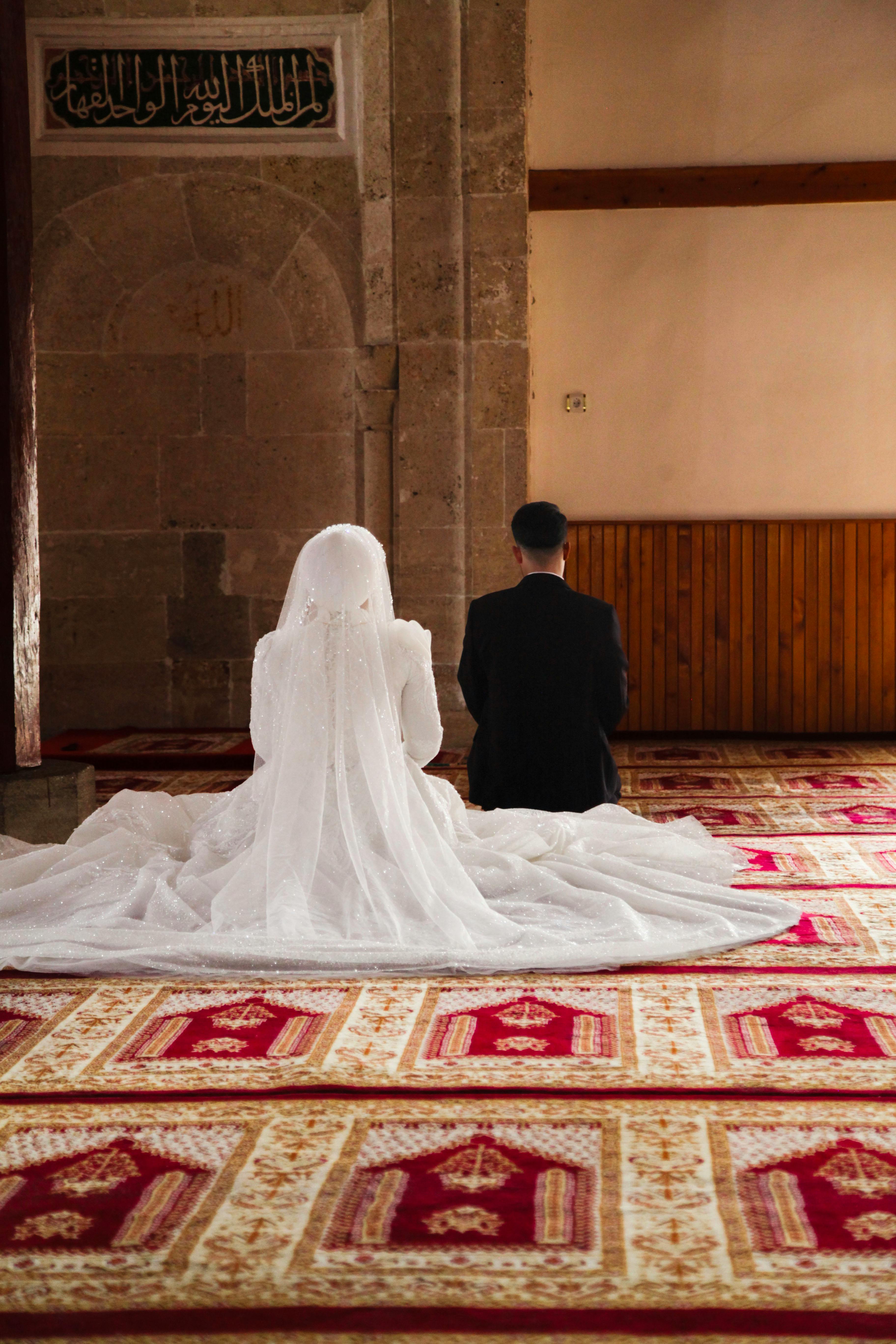Deciding whether to leave or stay in a marriage that feels unhappy is a deeply personal and complex process. Many women face this dilemma and weigh multiple factors before making such a significant choice.
There is no single answer that fits every situation. Each woman’s experience is unique, influenced by emotional, financial, social, and personal reasons. Recognizing these layers can help provide empathy and practical understanding.

Photo by cottonbro studio
Weighing the choice between divorce and remaining married
When considering divorce or staying in an unhappy marriage, women often evaluate the impact on their emotional health, financial stability, and personal growth.
Divorce involves legal processes that can be lengthy and financially draining, and it often affects not just the couple but their children and extended family. On the other hand, staying in an unhappy marriage might lead to prolonged emotional distress but could also provide a sense of security.
Seeking professional advice from counselors, legal experts, or financial advisors can help clarify options and consequences. A clear understanding of the potential outcomes helps women make informed decisions that best fit their circumstances.
Common reasons women stay in marriages that feel unhappy
There are many reasons why women might choose to remain in marriages that do not bring them happiness. These reasons often intertwine, creating a complex web of influences.
By identifying these factors, women and those around them can better understand the challenges involved and offer appropriate support.
Fear of the unknown and change
Fear of change is a powerful motivator to stay. Uncertainty about what life after divorce entails can feel overwhelming.
Concerns about loneliness, starting over socially, or managing day-to-day responsibilities alone can make the familiar difficulties of marriage seem preferable.
Building a support system and gradually exploring new possibilities can help reduce this fear and create confidence to face change.
Financial limitations and reliance
Financial dependence often keeps women anchored in unhappy relationships. When one’s income or assets are tied closely to their spouse’s, leaving can seem economically risky.
Limited job skills or work experience intensify this concern, making financial independence a crucial goal before considering separation.
Women can benefit from financial planning, skill development, and exploring resources such as community programs to build economic security.
Pressure from society and fear of judgment
Social judgment remains a significant factor, especially in communities where divorce carries stigma.
Fear of being labeled as a failure or facing criticism from family and friends can discourage women from ending their marriages.
Open conversations about societal expectations and seeking supportive networks can lessen this burden and promote healthier decision-making.

Photo by Yaroslav Shuraev
Influence of religious and moral values
Strong religious beliefs or moral principles can make divorce seem unacceptable or sinful.
Women committed to faith traditions that emphasize the sanctity of marriage may choose to endure difficulties to uphold these values.
Engaging with faith leaders or counselors who understand these perspectives can help women reconcile their beliefs with their personal well-being.
Dedication to marriage vows and traditions
For many, marriage vows represent a lifelong commitment that should not be broken lightly.
This dedication drives women to work through challenges, believing in the importance of loyalty and perseverance.
Recognizing when persistence serves growth versus when it causes harm is essential, and reflective practices can aid this discernment.
Prioritizing children and family stability
Women often prioritize their children’s emotional and physical security above their own happiness.
They may feel that maintaining a two-parent household, even if unhappy, provides a more stable environment for their kids.
It is important to balance this with the understanding that children also benefit from parents’ well-being and healthy relationships.
Comfort in routine and familiarity
Long-term relationships develop patterns and habits that create a sense of comfort.
Leaving disrupts these routines and may bring uncertainty, making the known challenges easier to bear than the unknown.
Gradually introducing change in small steps can help ease the transition when the time comes.
Low self-esteem and doubts about alternatives
Women with low self-worth may feel they do not deserve better or cannot find a more fulfilling relationship.
This mindset traps them in cycles of unhappiness and limits their motivation to seek change.
Building confidence through therapy, education, and positive social interactions can empower women to envision and pursue healthier futures.
Hope for improvement and fear of regret
Many hold on to hope that their marriage can improve, especially when there are occasional positive moments.
This hope can prevent decisive action, as women fear that leaving might be a mistake they will regret.
Setting clear boundaries and timelines for progress can help evaluate whether hope is realistic or delaying necessary change.
Emotional bonds and love despite difficulties
Emotional attachment and love often persist even in unhappy marriages.
These feelings create internal conflict, making it hard to separate the partner from the pain experienced.
Recognizing that love alone is not always enough to sustain a healthy relationship is an important step toward clarity.

Photo by Dilara Doğar
Stories that illustrate these challenges
Sarah had stayed in her marriage for years because she feared financial instability. Working part-time and caring for her children, she worried she could not support them alone. After connecting with a local career counselor and attending workshops, she gained skills and confidence. This practical approach helped her prepare for an eventual separation on her terms.
Meanwhile, Maria struggled with religious beliefs that condemned divorce. She sought guidance from a compassionate faith leader who helped her explore how her spiritual values aligned with self-respect and well-being. This support enabled Maria to make decisions that honored both her faith and her need for happiness.
Finding your path forward
Every woman’s decision about staying in or leaving an unhappy marriage is shaped by unique circumstances and values.
Seeking professional guidance, developing financial independence, and building a strong support network can provide clarity and strength.
Respecting personal experiences and understanding the multifaceted reasons behind these choices fosters empathy and better support.


